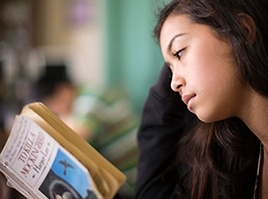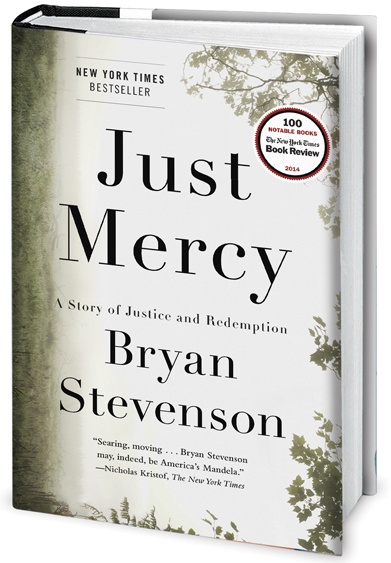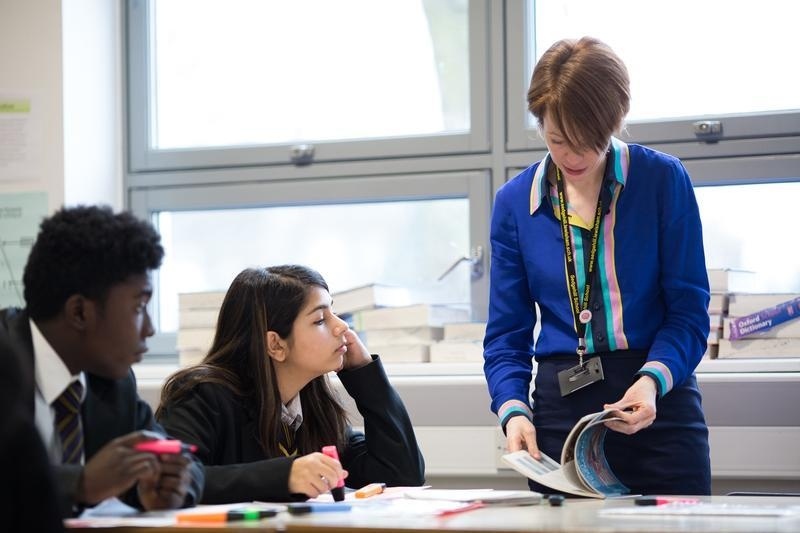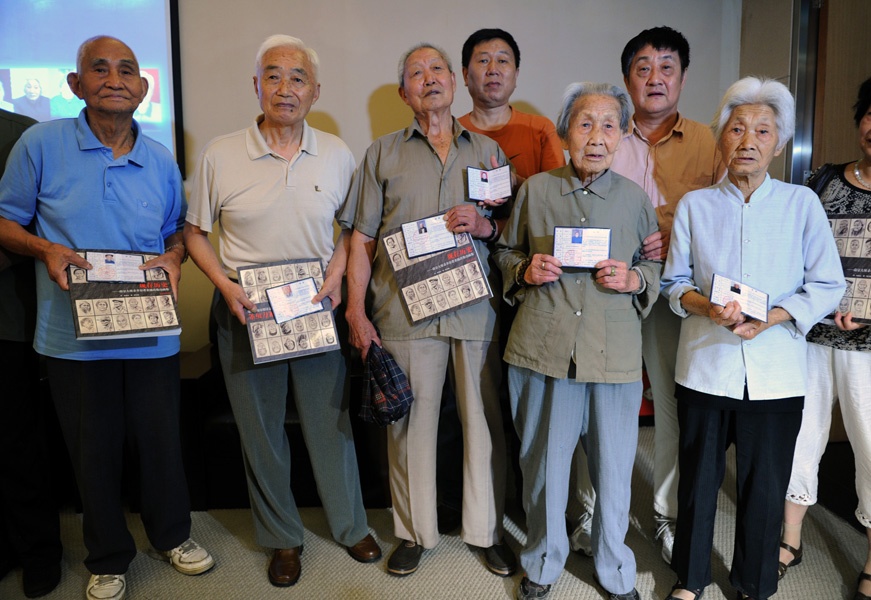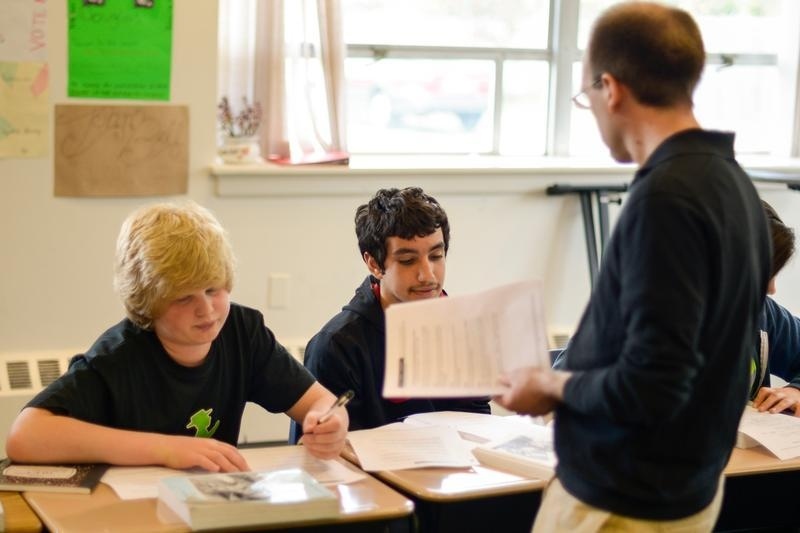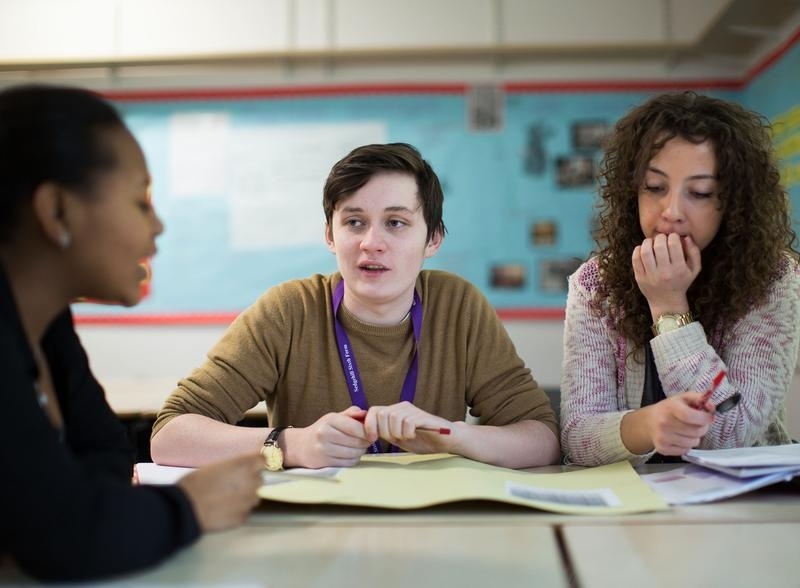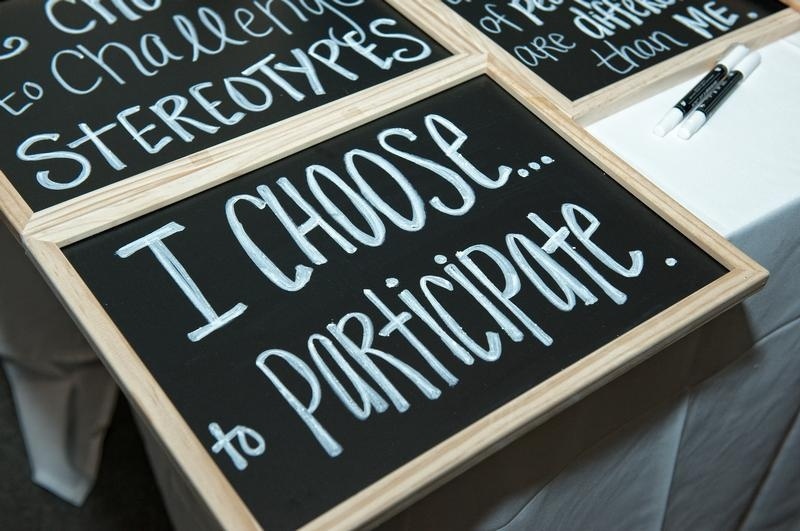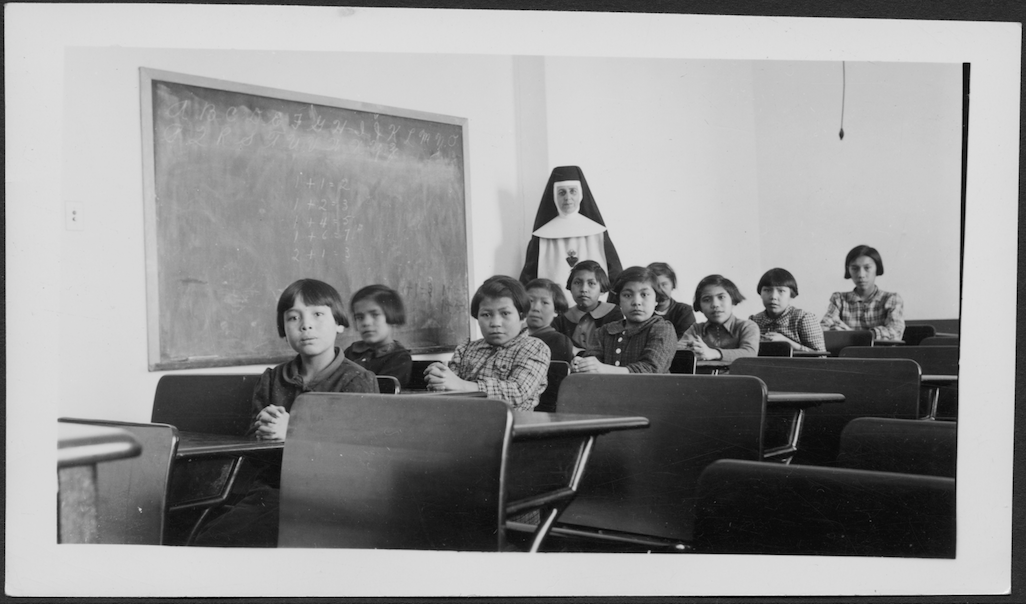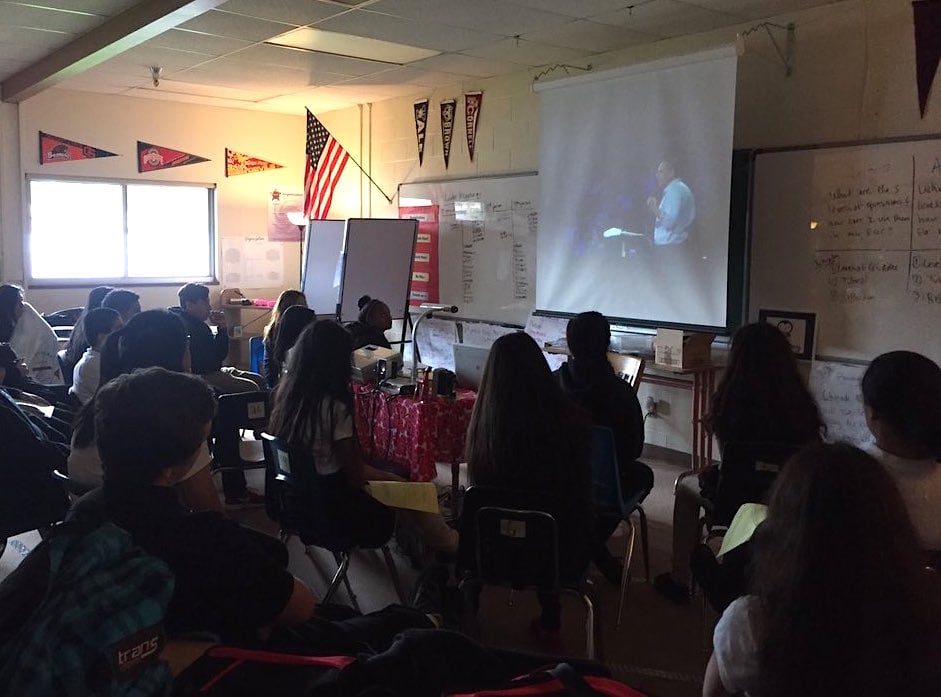In January and February, Barnes & Noble Booksellers is partnering with Facing History and Ourselves to promote our resources for teaching To Kill A Mockingbird to educators across the United States. Facing History’s Senior Program Associate, Laura Tavares, reflects on why Mockingbird is more relevant today than at any time since it’s original publication at the dawn of the American Civil Rights Era.
Six months ago, Harper Lee’s Go Set a Watchman revealed a different side of the beloved Atticus Finch. Lovers of Lee’s classic, To Kill a Mockingbird, were left confused as he is rendered a segregationist who clashes with his daughter over his racist beliefs. My colleagues and I saw this as an opportunity to explore Mockingbird even further. Since the book’s release, we immersed ourselves in this text to develop resources that can inform the way you read and teach Mockingbird in your classroom.
Read More
Topics:
To Kill a Mockingbird,
Books,
English Language Arts,
Harper Lee,
Go Set a Watchman,
Reading,
Racism,
Reading List
Winter is a great time to slow down, indulge in eating hearty food and curl up with a book that can transport you to another world, all from the comfort of your couch. So go on an adventure this winter. Hit the library, stop by the independent bookstore on the corner, toss a few items in your AmazonSmile shopping cart (when you do, a portion of your purchase can go directly to Facing History), or start downloading to your e-reader. Hand-picked by Tracy O'Brien, Director of Facing History and Ourselves’ library, these titles are guaranteed to transport, challenge, and inspire readers of all ages.
Read More
Topics:
To Kill a Mockingbird,
Books,
Facing History Resources,
Memoir,
Facing History and Ourselves,
Survivor Testimony,
Reading,
Reading List
The horrific attacks, claimed or inspired by ISIS in Beirut, Paris, and San Bernardino – and the fear they have instilled in many – reveal the polarized atmosphere of the world beyond the walls of our schools. As educators, we know that we are responsible for creating a safe space to talk about these issues with our students, but how? Many of us fear that we don’t know enough, or that classroom conversations will break down into anger, myth and misinformation.
Read More
Topics:
Facing History Resources,
Safe Schools,
Schools,
History,
Rebuke to Bigotry
Life was pretty happy and full. Now on December 13, there came change that turned our world upside down. - Mr. Chen Deshou, a survivor of the Nanjing Atrocities
December 13th marks the 78th anniversary of the Nanjing Atrocities, when the lives of thousands of women, men, and children were turned upside down. This assault by the Japanese Imperial Army took place from December 13, 1937, through the end of March 1938. During this time soldiers ran riot in the captured Chinese capital, unleashing a spree of violence, murder, and rape on the population.
Read More
Topics:
Facing History Resources,
Genocide/Collective Violence,
The Nanjing Atrocities
This is not the blog post I wanted to write. How do you respond when lives have been lost? Paris, Chicago, San Bernardino. And what about the lives lost which don’t make national news?
Walking into the metro station earlier this week my husband and I started talking with one of the station workers. He was holding his breath as he walked upstairs with us – hoping not to find the dead body of a homeless man, as had happened the day before.
Are we, like this station worker, holding our breath to not have a dead body to deal with today?
Read More
Topics:
Classrooms,
Students,
Facing History Resources,
Facing History and Ourselves
The roots of violence and injustice are complex and mired in societal and political specifics around the globe.
Facing History and Ourselves teaches that rigorous study of history can help us make choices for a better future. Each history has its own lessons, but all of them give us a platform from which to ask fundamental questions, in communities and in schools: how did identity impact the choices people made in the past? How do we, today, engage with each other across difference?
Read More
Topics:
Facing History Resources,
Race and Membership,
Facing History and Ourselves,
Community Conversations,
Bryan Stevenson
In a Facing History and Ourselves classroom, asking students to question and think critically is challenging every day, but especially when we read headlines about violence in communities close to home. During the week leading up to Thanksgiving, a video showing the 2014 murder of 17-year-old Laquan McDonald by Chicago police officer Jason Van Dyke was released on the same day that Mr. Van Dyke was charged with first-degree murder. Facing History offers essential questions to consider and strategies for helping students process the myriad thoughts, feelings, and opinions they are experiencing.
Read More
Topics:
Teaching Strategies,
Facing History Resources,
Facing History and Ourselves,
Teaching Resources
In small ways, each day, Facing History and Ourselves is fostering positive changes in our world, with lessons that show students their choices have consequences. We call it choosing to participate. By exploring individuals’ choices in history, our students discover that mass violence, bigotry, and prejudice are not inevitable. Understanding their power in their own lives, they discover the power to act on behalf of others, in ways large and small.
Read More
Topics:
Classrooms,
Students,
Facing History and Ourselves,
Giving Tuesday
Yesterday we released our new Canadian resource, Stolen Lives: The Indigenous Peoples of Canada and the Indian Residential Schools. This new resource brings educators primary sources and first-person accounts about a painful period in Canadian history, when about 150,000 Indigenous children were forcibly taken from their families and stripped of their language, culture, and traditions.
Stolen Lives arrives as Canada’s Truth and Reconciliation Commission, after hearing thousands of survivor testimonies, offers a 94-recommendation “Action Plan.” Its June 2015 call said reconciliation—especially through education—is urgent.
Read More
Topics:
Facing History Resources,
Toronto,
Canada,
Residential Schools,
Canadian History
In this age of smartphones, social media, and text messaging, I sometimes ask myself when was the last time I sat down to actually talk and listen to someone. I wonder how often my students actually engage in face-to-face conversations, especially even more with someone who is older than them.
Then twice in one week I stumbled across The Great Thanksgiving Listen, first on my drive home listening to NPR and then during my Twitter check-in before bed. What was this Great Listen project? I wanted to know more.
Read More
Topics:
Classrooms,
Students,
Facing History and Ourselves,
StoryCorps

